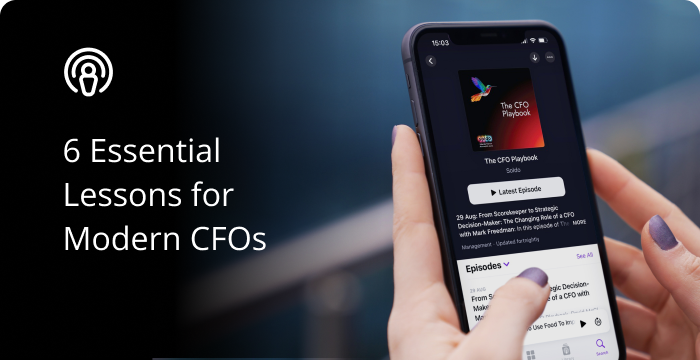Budgeting is always important — but these days, it’s more critical than usual. The onus is on finance teams to deliver growth, while staying within the company’s means. An expense management platform will help you strike this balance.
Spend control
Expense management platforms are built around company cards. You give departments and employees pre-loaded cards with balances that are the same value as line items within budgets.
This ensures that employees can’t transact above agreed levels within budgets. Implement further controls by setting up card rules to restrict spending for categories such as gambling and entertainment. You can set spending limits in-line with the frequency of budgets. For example, you can break this down monthly or even weekly if you have a tight cash position.
If one-off or emergency transactions are needed, line managers may be authorised to release funds from their overall budgets.
Close to real-time visibility
Close to real-time visibility is a key feature of expense management platforms. Transactions can be auto-categorised for merchants. For example, all Transport For London spend can be taken to the travel category by default.
This gives you unparalleled insights into how funds are being spent across your organisation. This lets you refine budgets to reflect what is and isn’t working. One such instance could be reducing the overall budget due to cash not being collected fast enough from customers.
Doing this boosts working capital, giving you greater certainty of paying your creditors and extending your runway to the next funding round.
Automated reporting
Expense management tools also make it easier to see whether you are within budget by having automated reporting features.
Being able to generate instant reports allows you to speedily access and drill down to access the spend data you require. Whether this is organisational-wide or just representative of specific departments.
You can also use these reports to present to investors to give them confidence that you are performing against budget.
Centralised control
Using a single expense management platform for all company spend gives you centralised control.
This makes it simple to administer budgeted company spend. Finance can revoke cards for non-compliant transactions or leavers and issue additional cards for new hires or cash for specific purposes.
Additionally, you can spot and stop SaaS purchases that may have initially only been taken out on a trial basis or are no longer being used (but remain active).
Cost optimisation
Enhance budgeting by using expense management tools to optimise costs.
This can be either through identifying wastage of spend that doesn’t need to take place at all. Or through spotting savings opportunities by finding cheaper alternative suppliers and renegotiating pricing.
Integrations with cloud accounting vendors
Most expense management platforms integrate directly with leading cloud accounting software vendors, including Xero, QuickBooks and NetSuite.
You can monitor how you are performing to budget and identify variances by uploading your forecast to your accounting software. Sync your spend management tool to bring in the latest transactional data.
Streamline reforecasts and future budgets
As well as helping you to stay within existing budgets, spend management platforms can also help you prepare future budgets.
Review the detailed output of company spend and use this info for more accurate, forward-looking budgeting. Rather than just relying on business partnering efforts.
Visit our blog for more articles like this one or subscribe to get them direct to your inbox. Find out more about Soldo here.
Now’s the time to rethink expense management
Almost two-thirds (62%) of employees say reimbursement should be replaced with a system of company cards. Get your copy of The Cost of Business Crisis to find out more.











